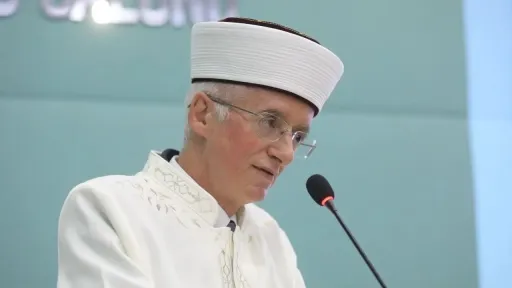South African coronavirus variant may pose global risk

New variants of coronavirus raise concerns about vaccines, says Turkish expert
A coronavirus variant first identified in South Africa may pose a global risk if its spread is not prevented, according to a Turkish expert.
Dr. Mehmet Sait Bugdaci, an internal medicine specialist, told Anadolu Agency that due to a possibility of diminishing the efficacy of vaccines in theory, the UK and South Africa's COVID-19 variants need to be analyzed in depth.
"It's also extremely important to limit the spread of a virus mutation. South Africa's coronavirus variant carries global risk if its spread is not prevented," Bugdaci noted.
Mutations in the SARS (the severe acute respiratory syndrome) and MERS (the Middle East respiratory syndrome) viruses eventually resulted in the viruses to disappear and lose their ability to infect, while mutations in coronavirus extend the duration of the disease and make it even more contagious because of the spike protein -- the part of the virus that attaches to human cells -- he added.
Bugdaci underlined that the African variant -- called 501Y.V2 and reported in South Africa on Dec. 18, 2020 -- is different from the UK variant.
The UK mutation reported on Dec. 14, 2020, is a different variant from the Chinese one that originated in December 2019, he said, adding that the UK variant is more contagious.
He warned that the UK variant of the virus, which is more common in southern England and Scotland, would be the most common one to be seen all over the world if strict quarantine measures are not taken.
Since it emerged in December 2019, the pandemic has claimed more than 2.23 million lives in 192 countries and regions, according to the US Johns Hopkins University. More than 103.11 million cases and over 57.16 million recoveries have been reported worldwide.

